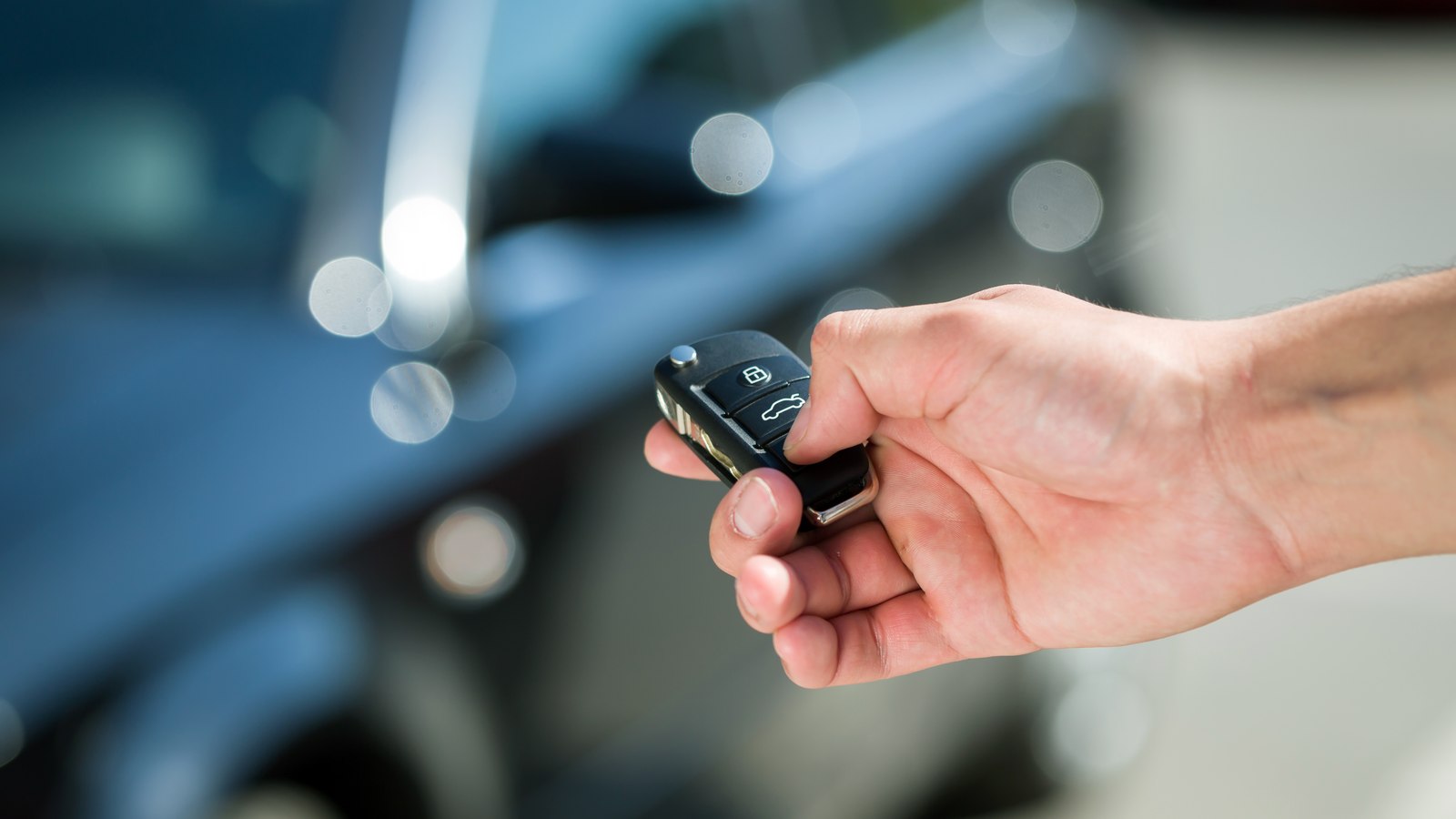
Officers arrested Christopher Montalvo-Flores in a hotel room pursuant to an arrest warrant for a robbery. The officers found car keys during the search incident to arrest. Montalvo-Flores told the officers they were his car keys. Other officers had seen Montalvo-Flores, who did not have a valid driver’s license, and his girlfriend driving the car at a different time. Officers found the car in the parking lot and learned it was a rental car registered to Enterprise.
Officers called an Enterprise regional risk manager and obtained consent to search the car, explaining that Montalvo-Flores was operating the vehicle while involved in criminal activity. While searching the vehicle, officers found 304 grams of cocaine in the trunk. Montalvo-Flores was charged with possession with intent to distribute cocaine. He asked the trial court to suppress the cocaine, arguing he had his girlfriend’s permission to lawfully possess and control the car. The court denied his motion, ruling Montalvo-Flores failed to establish a reasonable expectation of privacy in the car. Montalvo-Flores appealed.
The trial court ruled that “there appears to be little evidence” Montalvo-Flores exercised “dominion and control” over the rental car, stating, “The mere possession of keys to a vehicle is not sufficient, standing alone, to create a reasonable expectation of privacy in a vehicle owned by and rented to third parties.” Moreover, the court ruled, Montalvo-Flores could not have a reasonable expectation of privacy in the car because he did not have a driver’s license.
The appellate court reversed the denial of Montalvo-Flores’ suppression motion. Without question Montalvo-Flores had a subjective expectation of privacy in the rental car. He claimed the keys were his and that he had locked the car. The court then turned to the question of whether he had an objectively reasonable expectation of privacy in the car. The officers knew the person who rented the car, Jennifer Pisciotta, was Montalvo-Flores’ girlfriend. “Possessing his girlfriend’s keys, not a stranger’s, suggests Montalvo-Flores lawfully possessed the car.” Moreover, the officers themselves acknowledged Montalvo-Flores possessed and controlled the car.
In Byrd v. United States (138 S. Ct. 1518 (2018)), the Court unanimously held that a driver’s status as an unauthorized driver “will not defeat his or her otherwise reasonable expectation of privacy.” The Supreme Court held the lower court’s conclusion – that Byrd had no expectation of privacy because he was an unauthorized driver – “rests on too restrictive a view of the Fourth Amendment’s protections.” However, the Court did not hold that an unauthorized driver always enjoys an expectation of privacy in a rental car. The Court sent the case back to the court of appeals to further consider whether Byrd could have an expectation of privacy if he knew his prior history would effectively bar him from renting a car and that he was essentially committing vehicle theft by way of a subterfuge. The prosecution had argued Byrd used “a straw renter to allow him to take sole control of a rental car he would not have been able to rent himself” because of his criminal background.
In Byrd, the Supreme Court also did not decide whether the trooper had probable cause to search the car. Two years after the Supreme Court decision, the court of appeals held the trooper had probable cause to believe Byrd’s vehicle contained evidence of crimes and that the search was lawful. The court cited Byrd’s nervousness, driving pattern, admission there was a marijuana cigarette in the car, prior criminal history and rental contract issues as creating probable cause to search the car.
The Byrd decision signaled lower courts to exercise caution in analyzing whether a person not named in a rental agreement has standing to contest a search of the car. In Montalvo-Flores’ case, the court did just that. The lesson of both this case and the Byrd decision is that officers should ask any suspect who is not named in the contract about their control and authority to operate the car and carefully document evidence of whether any use was authorized, as well as the degree to which the suspect exercised control over the vehicle.


